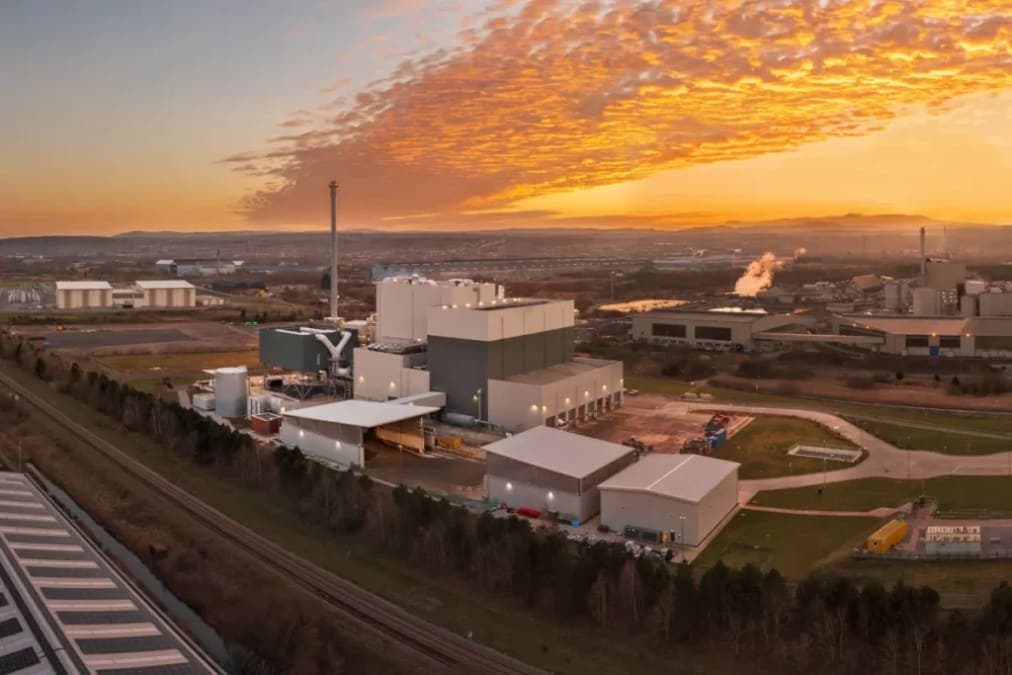Small Businesses Voice Concerns as Government’s Nuclear Levy Takes Effect


Introduction
Small and medium-sized businesses across the UK are bracing for higher energy costs as the government’s new Nuclear Regulated Asset Base (RAB) Levy takes effect this November. Here’s what this new levy means for your business and how it could impact your bottom line.
What Is the Nuclear RAB Levy?
The RAB Levy is part of Labour's plan to ensure Britain's low-carbon energy future by funding the construction of the Sizewell C nuclear power station in Suffolk. It aims to reduce reliance on imported gas while enhancing long-term energy security.
Key Points:
Effective Date: 1 November 2025.
Average Charge: £3.45 per megawatt-hour, equating to 0.35 pence per kilowatt-hour on electricity bills.
Impact on Small Businesses: Additional costs of £100 to £240 per year for small businesses, with larger users facing up to £2,500 in added charges.
How Will This Affect Small Businesses?
For most small enterprises, the additional costs will range from £100 to £240 annually, depending on their energy usage. Larger industries like manufacturing and retail could see charges as high as £2,500 per year.
While this may seem daunting, the government argues that the RAB model spreads costs fairly and provides the investment needed for critical infrastructure.
Government’s Position
Energy Secretary Ed Miliband emphasized that the levy is a fair way to fund national projects, ensuring that critical infrastructure like Sizewell C is built. The RAB approach will help Britain achieve cleaner power, reduce carbon emissions, and stabilize energy prices in the long run.
Key Facts:
Total Revenue: Funds the Sizewell C nuclear project.
Long-term Benefits: Stability in energy pricing and reduced reliance on volatile gas markets.
Concerns from Business Groups
The Federation of Small Businesses (FSB) and other groups have expressed concerns about the burden on smaller businesses. They urge that the levy rates remain predictable and that smaller firms are not disproportionately affected.
Support for Energy-Intensive Industries
Large, energy-intensive industries like steel, cement, and glass manufacturing are exempt from the levy under the Energy Intensive Industries scheme. This move ensures that the most energy-hungry sectors are shielded from these additional costs.
Steps for Businesses to Manage the Levy Impact
Businesses are advised to:
Review energy contracts.
Check eligibility for support schemes.
Focus on energy efficiency to reduce the impact of the new levy.
Environmental and Long-Term Outlook
While the short-term impact may feel burdensome, analysts highlight that Labour’s energy strategy will reduce exposure to gas market volatility, offering a more stable pricing environment in the future. Environmental groups have also welcomed the policy as a step toward a cleaner, more self-sufficient energy system.
Conclusion: Looking Ahead
The first bills reflecting the new nuclear levy will appear in December 2025. Small businesses hope that today’s contribution will help secure tomorrow’s energy resilience and affordability.
About the Author
This is Small and Medium Enterprises News Official News Desk
